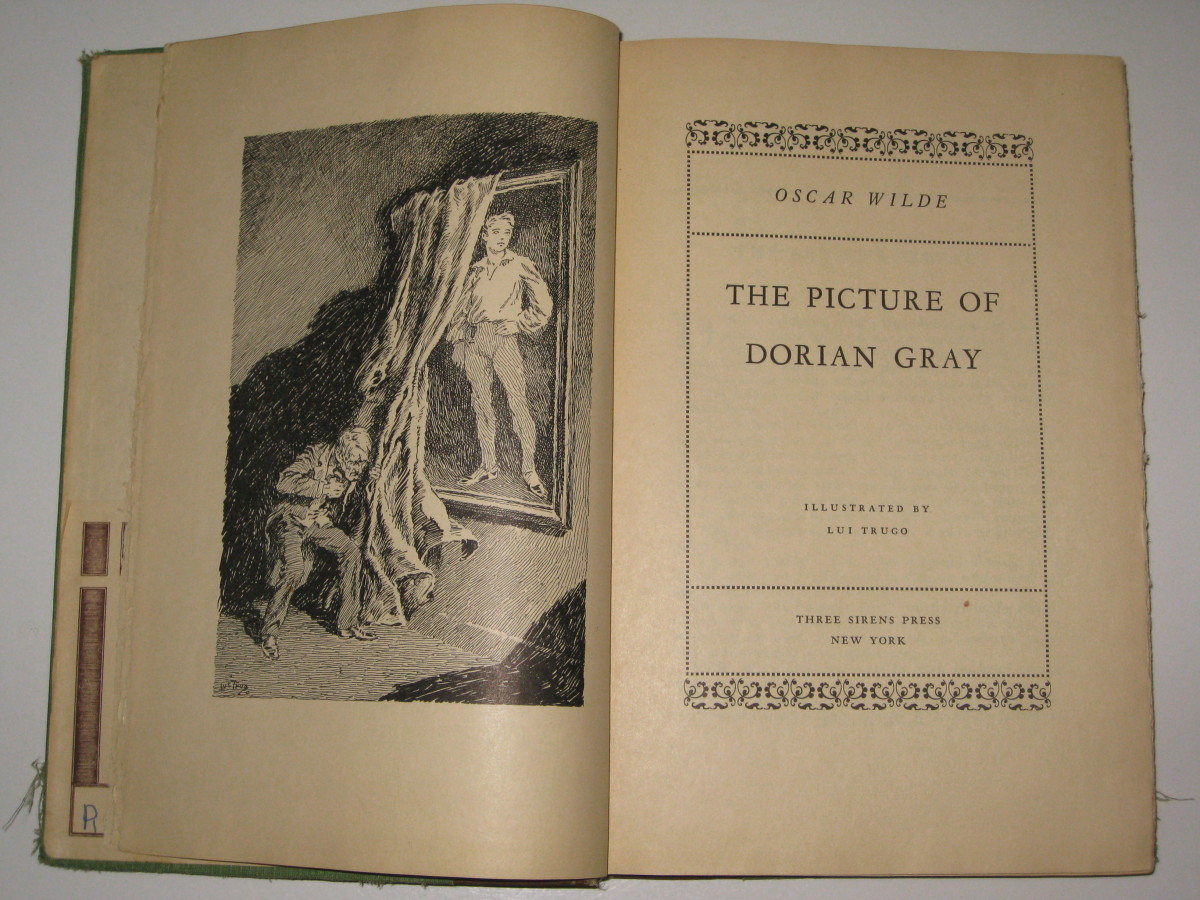The Birth of the English Romantic Movement
In the second half of the eighteenth century, a spirit of rebellion swept across the world. The American colonies fought for their independence from the British, and in 1789, the masses in France revolted against royal despotism and sought the equality of all people. This rise of the common man certainly did not go unnoticed by the ruling class across the Channel, in England. Fearing a similar event, Britain established measures to restrict freedoms of speech, of assembly, and of the press. All these, of course, had a powerful impact on the average Englishman.
Another negative impact on the common man in England had come in the form of the Industrial Revolution. It began in the 1760s, and it totally changed the country forever. England was quickly transformed from a nation of farms and cottage industries into one of machines and factories. Communal grazing lands were turned into hunting preserves for members of the aristocracy, and the cottage industries were put out of business.
Most people had only two options – to go on “the dole” or to take factory jobs. Thousands moved from the countryside to urban areas in order to accept factory employment. These emerging cities were ill prepared for the influx of humanity, and as a result, living conditions were crowded and squalid. In some large cities, as many as 100 people might have shared a single lavatory.
Conditions in the factories were usually even worse. Employees worked long hours in dangerous conditions and were paid very low wages. They often had to endure harsh treatment without any voice – labor unions were illegal. Children in the factories and coal mines were generally treated like beasts of burden, with many being mangled by machines when they fell asleep at their posts from exhaustion. All in all, it was a horrific period for the common man in England. People were desperate for hope.
In 1798, two young English poets, William Wordsworth and Samuel Taylor Coleridge, published a book of verse entitled Lyrical Ballads. This one event is generally agreed on as being the start of the English Romantic movement. The poems written by the two friends represented a sharp break with the Neoclassical literature of the time.
For example, the Neoclassicists focused on society as a whole, while the Romantics were more concerned with the individual. Most neoclassical literature was written by and for the aristocracy, while the Romantics wrote for the common man. While the Neoclassicists celebrated the urban areas, the Romantics reveled in the power of nature. Neoclassical literature was very constrained and bound by tradition; Romantic literature was spontaneous and experimental in nature. In a word, the Romantics were rebels.
Poetry was to dominate the English Romantic period. Wordsworth and Coleridge are considered the “first generation” Romantic poets. The “second generation” includes three more poets: Percy Bysshe Shelley, Lord Byron, and John Keats. A few important novelists did emerge during the period, however. These include Mary Shelley, Sir Walter Scott, and Jane Austen.
With the reign of Queen Victoria beginning in 1837, the Romantic movement was on its way out. Prosperity and advances in science and technology improved living conditions for the masses, and a large middle class emerged. This powerful group championed social reform, further improving living and working conditions for most British subjects. As a result of all these components, a new type of literature largely replaced romanticism. The Victorian Age had begun.

More tips for teachers and students:
- Essay Writing - How to Write an Essay
Im a retired teacher of literature and writing. I really miss teaching, so I decided to do a little online teaching. Of course, it wont be the same because I wont have that wonderful interaction with...








